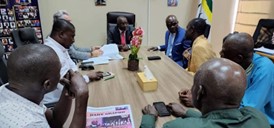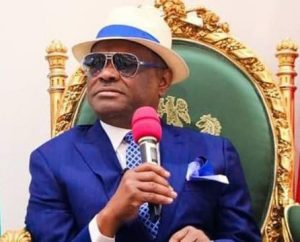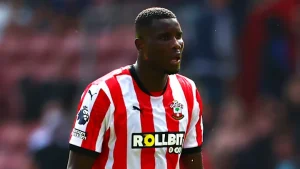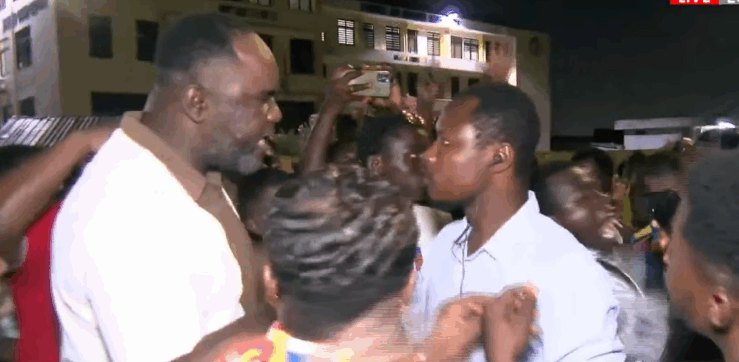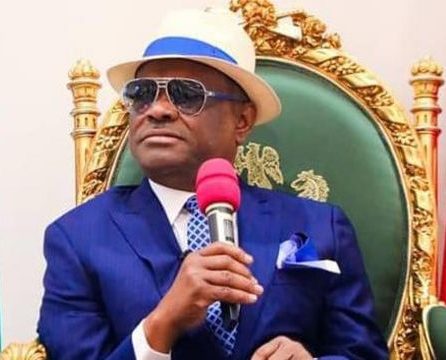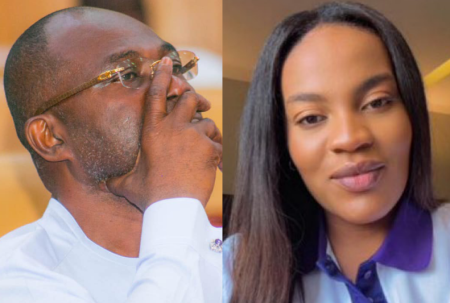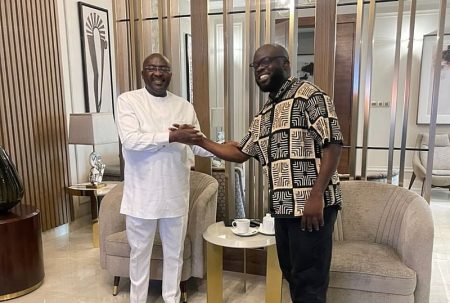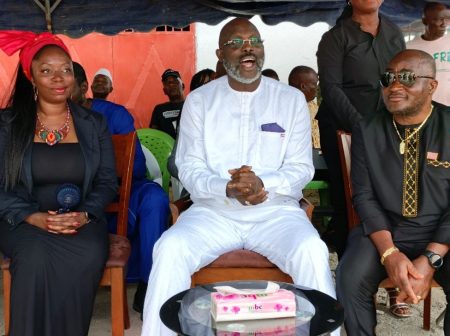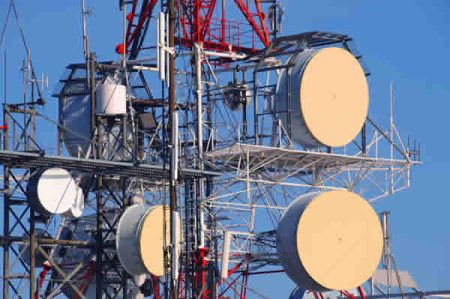The case of Theophilus Thompson, a supporter of Ghana’s opposition New Patriotic Party (NPP), charged with assaulting journalist Latif Iddrisu, has become a focal point of political tension and legal debate. Thompson’s arrest and subsequent denial of bail have sparked concerns about potential political motivations and the balance between ensuring a thorough investigation and upholding the rights of the accused. The incident itself occurred during a politically charged protest outside the Economic and Organised Crime Office (EOCO) in Accra, adding another layer of complexity to the proceedings. This incident highlights the delicate intersection of political expression, freedom of the press, and the rule of law in Ghana.
The alleged assault took place on May 27, 2025, during a demonstration organized by NPP supporters and Members of Parliament. The protest was triggered by the arrest of the party’s Ashanti Regional Chairman, Bernard Antwi Boasiako, popularly known as Chairman Wontumi. This context underscores the underlying political tensions that surround the case, with the NPP framing Wontumi’s arrest and the subsequent alleged assault on a journalist covering the protest as part of a broader pattern of political persecution. The presence of high-ranking NPP officials at Thompson’s court hearings further reinforces the political dimensions of the case.
The legal proceedings against Thompson have been marked by contentious arguments between the prosecution and the defense. Thompson, who pleaded not guilty, was arrested on June 7, 2025, and appeared in court on June 9. His lawyer argued for bail, emphasizing Thompson’s fixed address and lack of flight risk, citing Section 97(4) of Act 30, which discourages the use of bail denial as a form of punishment. However, the State Attorney opposed bail, arguing that the ongoing investigation and the potential for witness tampering or obstruction of justice necessitated Thompson’s continued detention.
The prosecution’s arguments centered on the need to protect the integrity of the investigation. They asserted that releasing Thompson could compromise the ongoing efforts to apprehend other suspects and gather evidence. The State Attorney emphasized the seriousness of the alleged offense and the potential impact on the victim, journalist Latif Iddrisu. The prosecution’s stance reflects a common tension in legal proceedings – balancing the rights of the accused with the need to ensure a complete and unbiased investigation.
The defense countered the prosecution’s claims by highlighting the lack of concrete evidence to support the concerns about witness tampering or interference with the investigation. They argued that denying bail based on mere speculation was a violation of Thompson’s rights and that the presumption of innocence should be upheld. This clash of legal arguments highlights the inherent complexities in such cases, where the court must carefully weigh competing claims and make a determination based on the available evidence and legal precedents.
Ultimately, the court sided with the prosecution, denying Thompson bail and remanding him into custody until the next hearing scheduled for June 18, 2025. The decision has further fueled the political debate surrounding the case, with the NPP characterizing it as unjust and evidence of political bias. The presence of senior NPP figures, including National Organiser Henry Nana Boakye and National Youth Organiser Salam Mustapha, at the court hearing underscores the party’s commitment to supporting Thompson and framing the case within a larger political narrative. The court’s decision sets the stage for further legal arguments and a continued focus on the intersection of politics, media freedom, and the justice system in Ghana.


